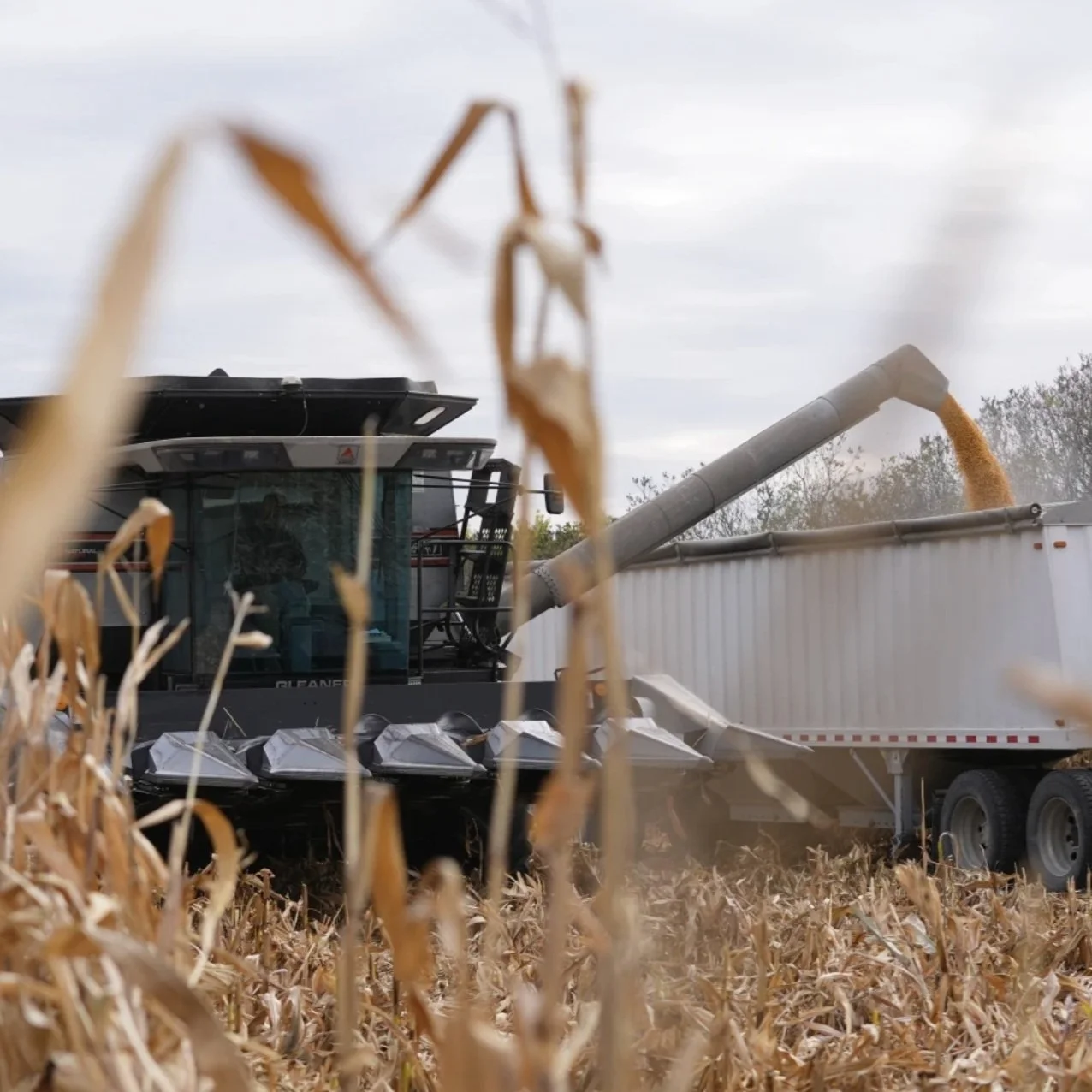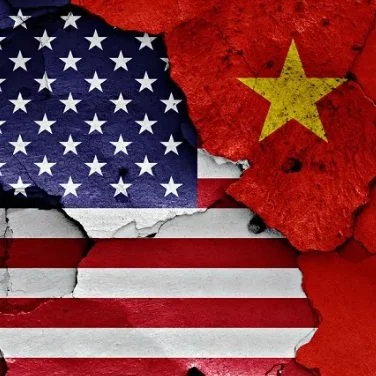American Farm Bureau Federation President Zippy Duvall commented today on President Trump’s decision to delay tariffs on Mexico and Canada until April 2, 2025.
Read MoreFarmers and meat producers across the U.S. can expect the new tariffs on Mexico, Canada and China and the retaliatory action from those countries to hurt their bottom lines by billions of dollars if they stay in place a while, and consumers could quickly see higher prices for produce and ground beef.
Read MoreAs trade tariffs continue to impact the economy, Louisiana farmers are feeling the strain of rising costs and shifting market prices. Ryan Yerby, a fourth-generation commercial farmer and owner of Tareau Farms in Colfax, shared his perspective on how the tariffs are affecting local agriculture and what consumers are facing.
Read MoreWith time running short on the 30-day delay of implementation of tariffs on Canada and Mexico, the U.S.’s neighbors to the north have already announced plans for retaliation. Betty Resnick, an economist with the American Farm Bureau Federation, says this all traces back to an executive order from the start of this month.
Read MoreADM Rice made a sale of 88,000 metric tons (MT) of U.S. long grain milled rice to Iraq last week, bringing the tonnage to 220,000 MT for the 2024-2025 Memorandum Of Understanding (MOU), surpassing the agreed upon amount of 200,000 MT.
Read MoreAcadiana Congressman Clay Higgins has asked President Trump to increase tariffs and trade enforcement on shrimp, crawfish and other imported seafood to protect one of Louisiana signature industries.
Read MoreWith more than 20% of U.S. agricultural production destined for foreign markets, agricultural exports are vital to the financial success of U.S. farmers. Exports not only allow U.S. farmers to find additional customers among the over 95% of the world population that lives outside of our borders but also add value for farmers as many foreign customers are looking for products for which Americans find little or no value. For instance, consumers in Japan, South Korea and other Asian countries are willing to pay premiums for fruit; and while certain animal parts, such as beef tongue or chicken feet, are undesirable in the United States, they are delicacies in other cultures, and so add value to U.S. production through trade.
Read MoreAmerican farmers are worried that President-elect Donald Trump’s sweeping tariff plans will curb their access to top soy buyer China, but tariffs could also lure companies to build more U.S. crushing plants, hungry for domestic supplies.
Read MoreU.S. food and ag sales to Mexico surged by 7% during the 2024 fiscal year, making the North American neighbor the No. 1 ag export customer, according to Census Bureau data tracked by the USDA. China, the leader since the end of the Sino-U.S. trade war, fell to third place, behind Canada, in export purchases.
Read MoreUnited States corn and soybean farmers could lose billions of dollars in annual production value in the event of a potential new tariff-induced US-China trade war, according to a new economic study commissioned by the American Soybean Association and the National Corn Growers Association and conducted by the World Agricultural Economic and Environmental Services.
Read MoreWith the U.S. rice industry exporting about half its annual crop, market development is vitally important. Trade missions, trade servicing, and fostering relationships are a primary function of USA Rice’s international team.
Read MoreGreenfield Louisiana LLC said Tuesday it was “halting” its $800 million Wallace Grain Export Facility, which it started in 2021. The company cited continued delays in permitting from the U.S. Army Corps of Engineers, which must sign off on any proposal that involves construction near the Mississippi River levee.
Read MoreThe ongoing dispute with Mexico over genetically engineered corn has been a significant issue for some time.
U.S. Trade Representative Ambassador Doug McKalip reaffirmed the U.S. commitment to resolving the issue, expecting a decision this fall. The dispute began after Mexico’s plan to block genetically engineered corn imports triggered concerns among U.S. corn growers. McKalip emphasized the broader impact on ag trade saying, “We cannot allow trading partners to play loose with the science.”
Read MoreChina is facing an oversupply of soybeans as record high purchases boost stockpiles at a time when animal feed demand remains subdued, with prices of products such as soyoil and soymeal set to sink even lower.
Read MoreClay Higgins and Troy Carter, congressmen from opposite sides of the aisle, have introduced a new bill that would give the Food and Drug Administration authority to destroy imported products that pose a significant public health concern, specifically contaminated seafood, the pair said in a release Thursday.
Read More














